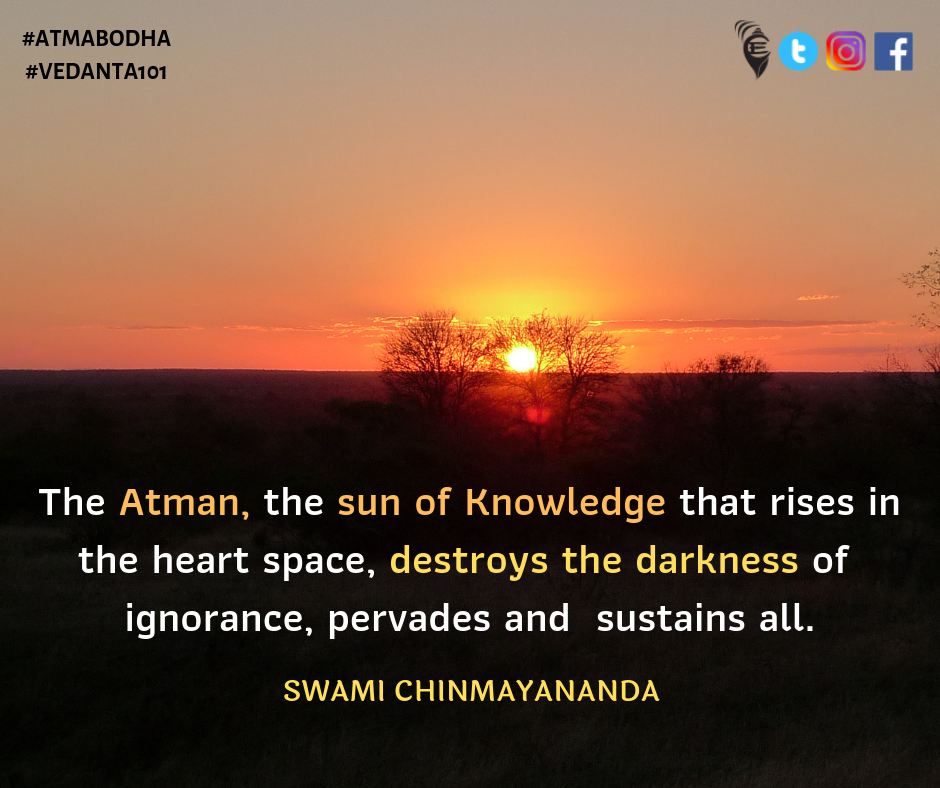A Catechism of Hinduism -III.3 : Swami Krishnananda
17/03/2019
III.3. Continued ...
Q: Who are the saints and prophets? Give their brief life-sketch.
A: The Hindus adore the well-known Divine Incarnations of Narayana or Vishnu, viz., Rama and Krishna, who are classified among the gods and are not regarded as humans. The great sages and saints who hold a pre-eminent position are Vasishtha, Vyasa, Suka, Dattatreya, Vamadeva, Yajnavalkya and the like; also, the great devotees associated with devotion to the principal gods popularly worshipped, viz., Vishnu, Siva, Ganesa, Devi, Skanda and Surya; included also are the Acharyas referred to above.
Q: What is its relation with modern science and how does it affect modern man?
A: Hinduism, as a religion of an almost universal inclusiveness, takes into consideration the different levels of not only the evolution of life by stages but also the levels of outlook in knowledge and experience. The question of the relation between science and religion arises due to the assumption that the objective of science and the aim of religion are perhaps different, maybe even irreconcilable. But Hinduism, if it is to be understood in the true spirit of its internal structure, is fully awake to the levels of perception and knowledge available to the human individual. The epistemological doctrine behind the philosophy of the Hindu religion recognizes the relative value of sense-perception and rational investigation as avenues of knowledge, though it holds that direct intuition of truth is the final test of absolutely valid knowledge. Science comes under the field of sense and reason, and Hinduism accepts the value and utility of the findings through these means of knowledge in practical life, provided they do not contradict the ultimate value of all life, viz., the realisation of the Universal Reality in direct experience.
The manner in which this attitude of the Hindu religion would affect the life of the modern man should, thus, be clear and obvious. That is, the spirit of Hinduism is so accommodating that it does not reject the matter-of-fact value or the practical effectiveness of the findings of modern science. The most interesting outcome of this general outlook of Hinduism is that in its concept of the degrees of reality in the several planes of existence as manifestations through varying levels of density, any degree of reality- such as the relation of scientific findings to human life in general - is part of the total outlook of Hindu philosophy and religion. Thus, one should say that Hinduism as a religion introduces a new spirit of positivity and enthusiasm even into the field of science rather than look upon it as something alien to itself.
Q: What are the recommended duties for man?
A: Man has a duty towards himself as a physical, psychological and spiritual embodiment, as also to the family, the community, the nation and the world at large. Man has a duty to the whole universe of which he is an integral part and from which he can never be separated organically. The primary duty of man is abidance by the law of the universe, which determines the lower relative laws applicable to the lesser levels of life in the world, one’s own country, community, family, and personality.
Q: How does it influence universal brotherhood and tolerance towards other religions?
A: Hinduism should be considered as the great friend of man, in the sense that it has no enemies. In this sense, again, its influence on others is one of a true friend, philosopher and guide. It accepts and holds as valid every faith and every religion in its own field and context and operational jurisdiction, in the light of its origin and circumstances of the place to which it is related and the historical and cultural background of the people in whose midst it arose. It takes things as they are, from their own points of view, and accommodates itself in them, bearing in view the basic fact that all thought and action originating from anywhere is like a river which has to find its destination in a single ocean, the ocean of all-existence.
Q: How is religion related to the practical life of man?
A: Religion is veritably the art and the science and the way of the practical life of man in the world. Hence, no question arises as to the relation between religion and life.
To be continued ..





Comments